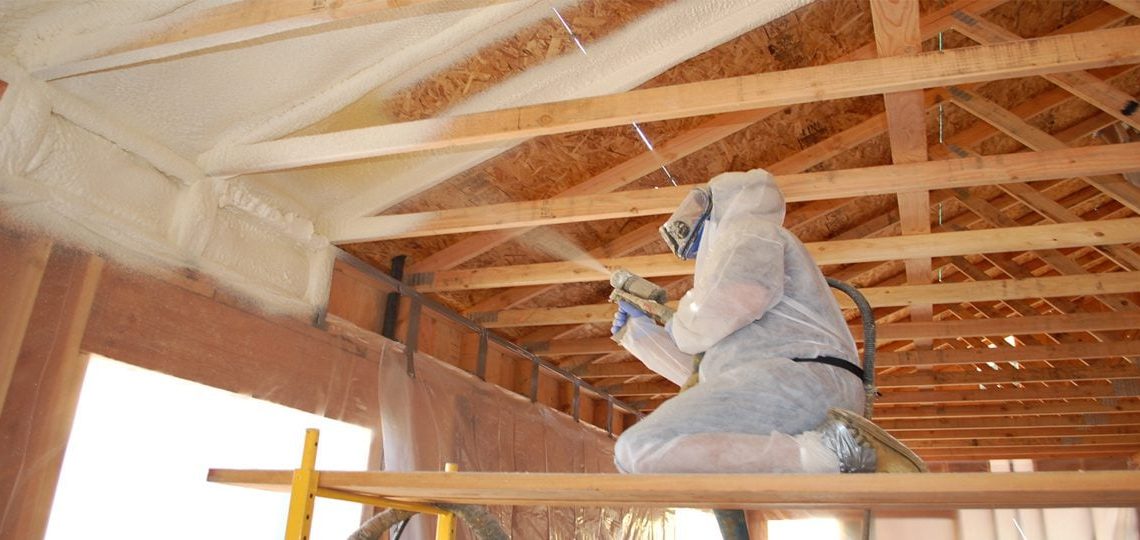
Maximizing Energy Efficiency: Should I Insulate My Ceiling or Walls?
April 11, 2024When it comes to maximizing energy efficiency in your home, insulation plays a crucial role. Proper insulation helps to regulate indoor temperature, reduce energy consumption, and lower utility bills. However, deciding whether to insulate your ceiling or walls can be a daunting task. In this article, we will explore the factors to consider when making this decision and provide expert insights to help you choose the most effective insulation strategy for your home.
- Understanding the Importance of Insulation:
Insulation acts as a barrier, preventing heat transfer between the interior and exterior of your home. By reducing heat flow, insulation helps maintain a comfortable indoor temperature, regardless of the weather conditions outside. It also minimizes the need for excessive heating or cooling, resulting in significant energy savings. - Evaluating the Role of Ceiling Insulation:
Ceiling insulation is essential for homes with attics or flat roofs. Since heat rises, a significant amount of energy can be lost through an uninsulated ceiling. Insulating the ceiling helps to trap heat inside during colder months and keeps the interior cool during warmer months. This is particularly beneficial in regions with extreme temperature variations. - Assessing the Benefits of Wall Insulation:
Wall insulation is crucial for homes with exposed walls, especially in areas with harsh climates. Insulating the walls helps to create a thermal envelope, reducing heat transfer and maintaining a consistent indoor temperature. It also provides soundproofing benefits, enhancing the overall comfort and privacy within your home. - Considering Climate and Geographical Factors:
The decision to insulate your ceiling or walls should be influenced by the climate and geographical location of your home. In colder climates, where heating is a primary concern, ceiling insulation is typically more effective. Conversely, in warmer climates, wall insulation can help keep the interior cool and reduce the reliance on air conditioning. - Analyzing Cost and Return on Investment:
Cost is an important factor to consider when deciding between ceiling and wall insulation. Generally, insulating walls can be more expensive due to the additional labor and materials required. However, it is essential to evaluate the long-term benefits and potential energy savings that insulation can provide. Conducting a cost-benefit analysis will help determine the return on investment for each option. - Seeking Professional Advice:
To make an informed decision, it is advisable to consult with insulation professionals or energy auditors. They can assess your home’s specific needs, considering factors such as existing insulation, building materials, and energy usage patterns. Their expertise will ensure that you choose the most suitable insulation strategy for your home.
Conclusion:
Insulating your ceiling or walls is a wise investment that can significantly improve energy efficiency and comfort in your home. While both options offer benefits, the decision should be based on factors such as climate, geographical location, cost, and professional advice. By carefully considering these factors, you can make an informed choice that maximizes energy savings and enhances the overall quality of your living space.